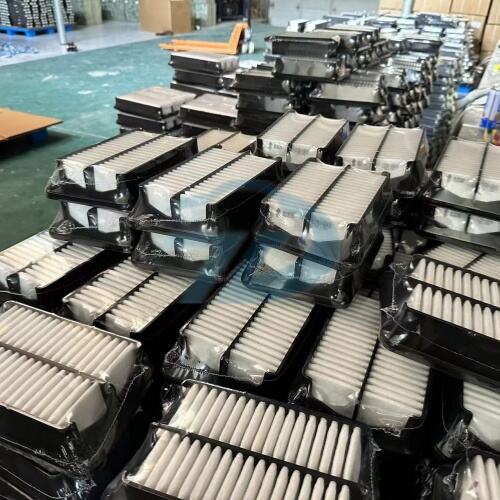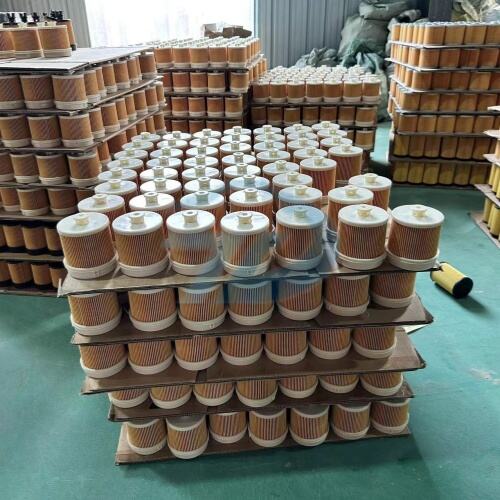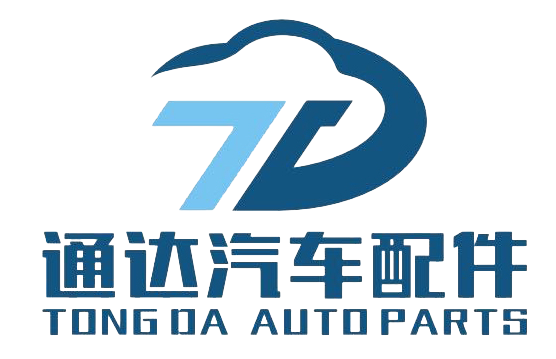Analysis of the Automotive Filter Market
Analysis of the Automotive Filter Market
As an important component of the engine and other automotive systems, the car filter is responsible for filtering and cleaning impurities in the air, oil, fuel, and air conditioning systems, ensuring the normal operation of the engine, air conditioning, and other systems, extending the service life of the car, and improving driving comfort and safety. This article will provide a detailed analysis of the current market situation, types, competitive landscape, and future development trends of automotive filters.
1、 Market situation
In recent years, China's automobile market has maintained rapid growth, with the number of cars continuously increasing. According to data released by the China Association of Automobile Manufacturers, the production and sales of automobiles in China reached 27.021 million and 26.864 million units respectively in 2022, an increase of 3.4% and 2.1% year-on-year. With the rapid development of the automotive market, automotive filters, as one of the basic components, have also seen an increase in market demand.
According to the report "Research on the Market Development Status and Investment Trends of China's Oil Filter Cartridge Industry from 2024 to 2030" released by Bosch Data, the market size of China's automotive filter industry has grown from 12.72 billion yuan to 38.28 billion yuan from 2011 to 2022, with a compound annual growth rate (CAGR) of 10.5%. It is expected that by 2030, the total size of China's filter market will reach 86.75 billion US dollars, with a compound annual growth rate (CAGR) of about 4.9%. As an important component of the filter market, the market size of oil filter cartridges is also showing a rapid growth trend.
From a global perspective, the Asia Pacific region is the main consumer area of the global oil filter element market, accounting for over 40% of the market share. In China, the consumer market for oil filter cartridges is particularly active in regions such as East China, South China, and North China.

2、 Type and Function
Automotive filters are mainly divided into oil filters, fuel filters (including gasoline filters, diesel filters, oil-water separators, and hydraulic filters), air filters, and air conditioning filters according to their different filtering functions. Among them, the engine is usually equipped with an air filter, an oil filter, and a fuel filter, commonly known as the "three filters", and when combined with an air conditioning filter, it is called the "four filters".
1. * * Air filter * *: Used to filter impurities in the air entering the engine, protecting the engine from damage. According to the different filtering media, air filters are divided into dry air filters and wet air filters. Dry air filters mainly use dry materials such as paper or textiles as filter media, suitable for gasoline and diesel engines, and occupy more than 90% of the air filter market share in China. Wet air filters use oil immersed or water immersed liquids as filter media, mainly used in high-power diesel engines.
2. * * Oil Filter * *: Used to filter impurities from the engine oil entering the lubrication system, protecting various engine components from wear and tear. Oil filters are divided into full flow oil filters and bypass oil filters according to different filtration methods. The full flow oil filter filters all the oil entering the lubrication system, suitable for gasoline and diesel engines, and occupies more than 80% of the market share of oil filters in China. The bypass type oil filter only filters a portion of the engine oil and is mainly used for large diesel engines.
3. * * Fuel Filter * *: Used to filter impurities in fuel to ensure the normal operation of the fuel system. Diesel filters also need to have oil-water separation function to prevent moisture from entering the fuel system.
4. * * Air conditioning filter * *: Used to filter and clean the air entering the car's air conditioning system, improve the air quality inside the car, and ensure the health of passengers.

3、 Competitive landscape
The market concentration of the automotive filter industry is relatively low, with a large number of production enterprises in the market, including state-owned enterprises, private enterprises, joint ventures, and wholly foreign-owned enterprises. The competition between these enterprises is extremely fierce, especially in the mid to low end market, where homogeneous competition is common. However, with the continuous development of the automotive market and the increasing demand for product quality from consumers, market concentration is expected to gradually increase, and some enterprises with scale and technological advantages will gradually stand out.
Internationally renowned brands such as Germany's Mannheim Group, Germany's Mahler Group, the United States' Cummins Filtration Systems Company, the United States' Donaldson Company, Italy's Sogfei Group, and Japan's Denso Co., Ltd., with their advanced technology, high-quality products, and strong brand influence, occupy a leading position in the global filter market. Domestic brands such as Bengbu Jinwei Filter Co., Ltd., Shanghai Frejia Filter Co., Ltd., Guangdong Dongfeng Automotive Filter Co., Ltd., etc. are also constantly striving to improve product quality and technical level in order to gain a larger market share.
####4、 Future Development Trends
1. Increased environmental requirements: With the increasing awareness of environmental protection and the increasingly strict regulations on automobile emissions by governments around the world, the filter industry will develop towards a more environmentally friendly and energy-efficient direction. The demand for high-efficiency energy-saving filters and multifunctional integrated filters will continue to increase.
2. Supply chain integration and optimization: Filter manufacturers need to strengthen cooperation and communication with upstream and downstream enterprises to form a stable and efficient supply chain system. Optimizing supply chain management through digital technology, improving efficiency, reducing costs, and ensuring the sustainability of material supply.
3. * * New Energy Vehicle Market * *: The rapid development of new energy vehicles has brought new growth points to the filter industry. New energy vehicles have put forward higher requirements for the performance of filters, such as the filtration of battery cooling systems and the improvement of indoor air quality. This will encourage filter manufacturers to increase their R&D investment and develop high-performance products that meet the needs of new energy vehicles.
4. * * International competition * *: With the continuous development of global trade and the increasing internationalization of the Chinese automotive market, the filter industry will face more intense international competition. Internationally renowned brands will continue to occupy a leading position in the market, while domestic filter manufacturers will also enhance their market competitiveness through technological innovation, brand building, and other means, gradually moving towards the world stage.
In summary, as an important component of the automotive industry, the automotive filter industry has broad market prospects. With the continuous growth of the automotive market, the diversification of consumer demand, and the strengthening of environmental regulations, the filter industry will usher in more development opportunities and challenges. Enterprises need to continuously improve product quality and technological level to meet market demand and achieve sustainable development.

 EN
EN







































